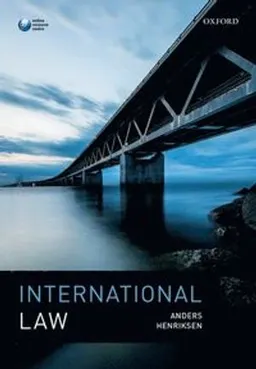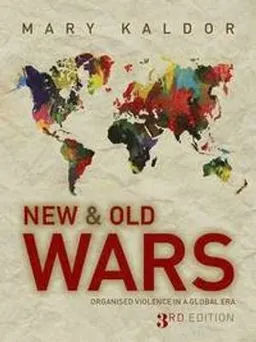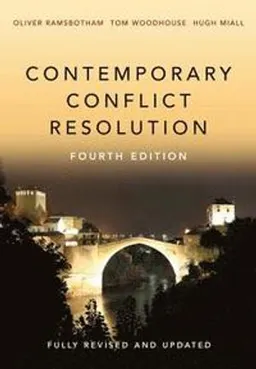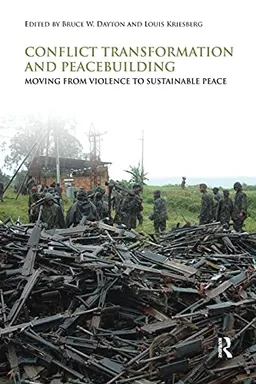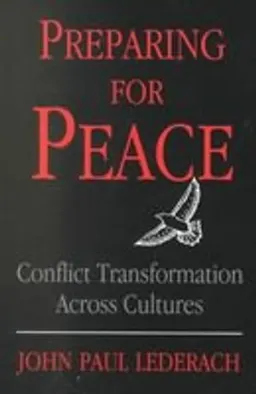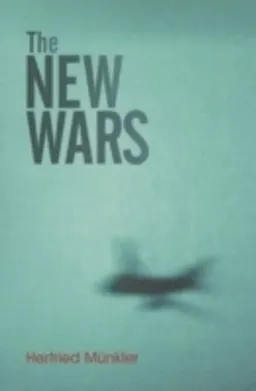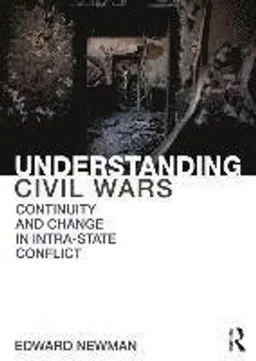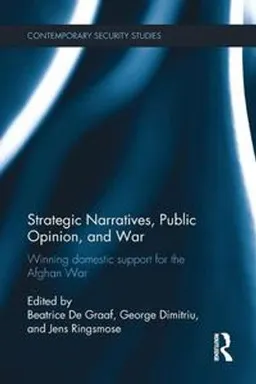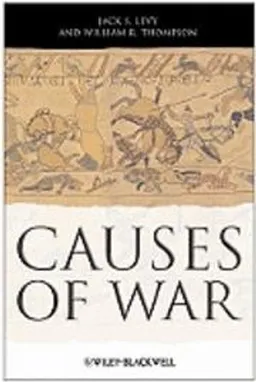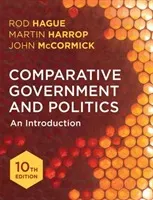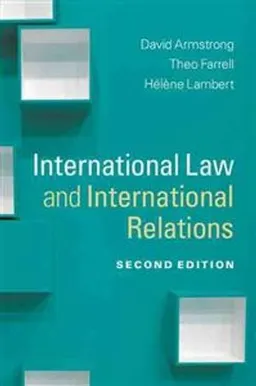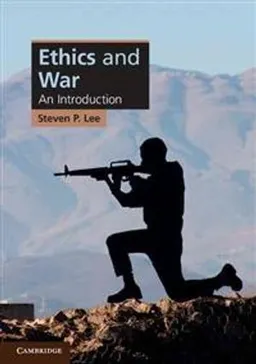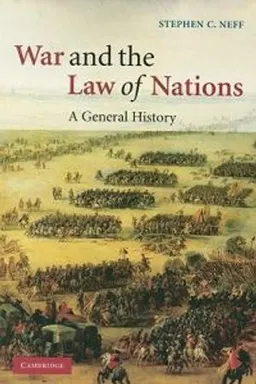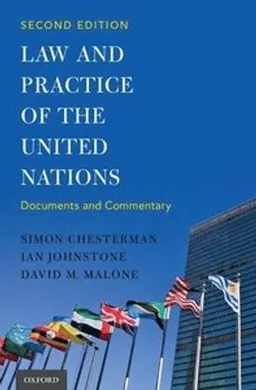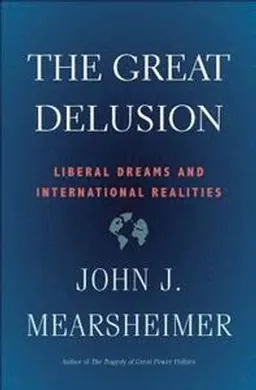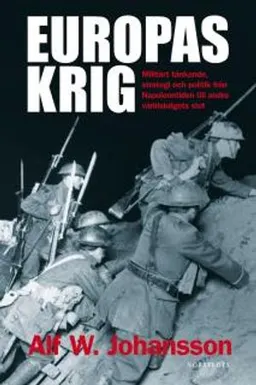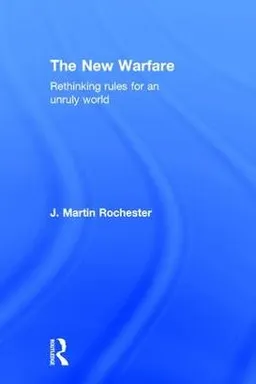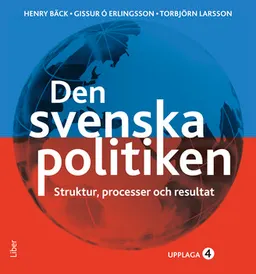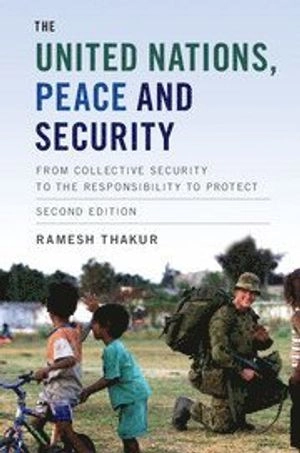

The United Nations, Peace and SecurityUpplaga 2
- Upplaga: 2a upplagan
- Utgiven: 2016
- ISBN: 9781316627723
- Sidor: 444 st
- Förlag: Cambridge University Press
- Format: Häftad
- Språk: Engelska
Om boken
Åtkomstkoder och digitalt tilläggsmaterial garanteras inte med begagnade böcker
Mer om The United Nations, Peace and Security (2016)
I december 2016 släpptes boken The United Nations, Peace and Security skriven av Ramesh Thakur. Det är den 2a upplagan av kursboken. Den är skriven på engelska och består av 444 sidor. Förlaget bakom boken är Cambridge University Press.
Köp boken The United Nations, Peace and Security på Studentapan och spara uppåt 58% jämfört med lägsta nypris hos bokhandeln.
Referera till The United Nations, Peace and Security (Upplaga 2)
Harvard
Oxford
APA
Vancouver
